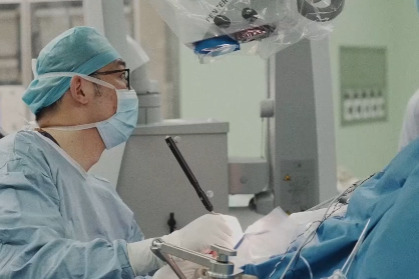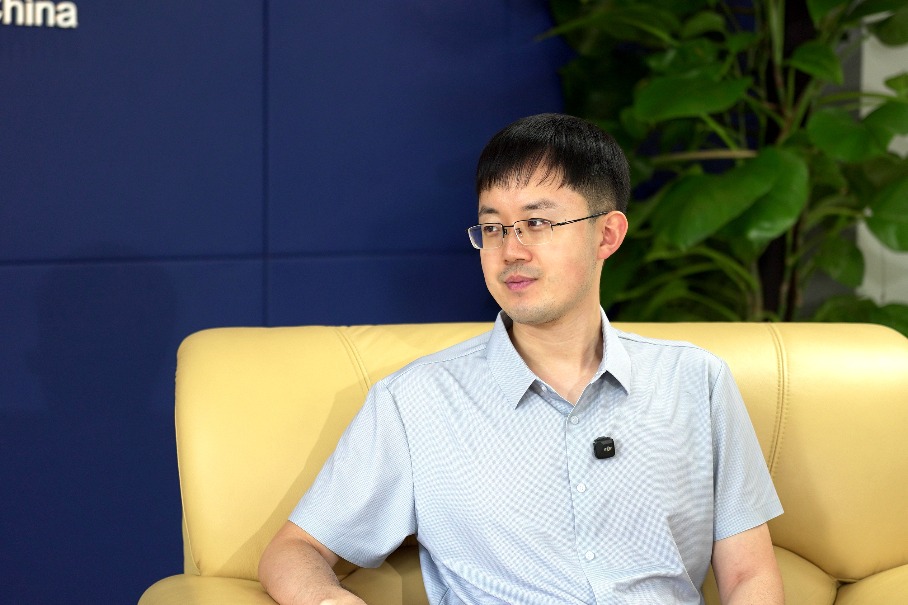Special law to boost anti-graft fight


The reform of the national supervision system is part of China's overall political reform aimed at establishing a unified national anti-corruption body under the leadership of the Party, in order to strengthen inner-Party as well as national supervision.
The supervision reform, however, faces many challenges such as organization restructuring and interest coordination. Some people used to attribute corruption to the problems in the national political system while ignoring the facts that give rise to corruption. Others wrongly supposed the anti-corruption campaign is a one-time, and unsustainable, measure while ignoring the political meaning of combating corruption. These misunderstandings, to some extent, interfered with the national supervision system reform.
The report of the 19th National Congress of the Communist Party of China says the pilot supervision reform-launched in Beijing municipality, and Shanxi and Zhejiang provinces in December 2016-will be extended nationwide, in order to deepen the national supervision system reform. So supervisory commissions at the national, provincial and county levels will be set up to work together with discipline inspection authorities. That the supervisory commissions will cover all public sector employees reflects the improvement in the top-level design of the national supervision system reform.
While the reform will focus on adjusting the structure and integrating the functions of the organizations in 2018, the National People's Congress, China's top legislative body, will issue the National Supervision Law, which will accord legal status to the supervisory commissions.
According to the draft National Supervision Law, shuanggui, a disciplinary action requiring a Party member under investigation to face interrogation at a designated place and given time, will be replaced by detention. This shows the entire investigation process will be put under the rule of law and highlights the nature of supervision reform in the new era. Moreover, a person will not be detained for more than three months, and if convicted, the period of his or her detention will be deducted from his/her full quantum of sentence.
Also, since detention is a matter of "internal investigation" by a supervisory commission, the presence of lawyers during investigation will not be allowed. The specific conditions a supervisory commission needs and the relevant procedure it has to follow to detain a person will be stipulated in detail later. But as an anti-corruption measure, it is expected to deter officials from indulging in corruption, which in turn will curb corruption.
After the completion of the national supervision system reform, China will establish a new power structure that will include "the government, the people's court, the people's procuratorate and the supervisory commission", with the latter being in charge of all supervision work including cases involving officials' corruption and dereliction of duty, which currently are under the jurisdiction of the people's procuratorate.
However, the national supervision system reform will not change the legal supervisory function of the procuratorate organs, which will still be in charge of legally supervising any case investigated by a supervisory commission.
More importantly, the judicial trial of an official suspected of corruption can begin only when a procuratorate organ initiates prosecution. And the procuratorate's approval will still be needed for the arrest of any criminal suspect. Which means supervisory commissions and procuratorate organs have to work with each other to ensure the anti-corruption drive yields the desired results.
Since the timetable for the reform is fixed, a new national supervision system will be promoted nationwide in an all-round way. In 2018, therefore, the top legal priority will be amendment to the Constitution, and the enactment and implementation of the National Supervision Law, as they will grant legal status to the supervisory commissions at all the levels.
And since the national supervision system reform is an important part of establishing socialism with Chinese characteristics in the new era under the leadership of the Party, procedural laws need to be revised and supporting laws enacted in order to facilitate the legal execution of supervision powers.
The author is the deputy head of the Center for Reform Theory and Practice, Peking University.


































